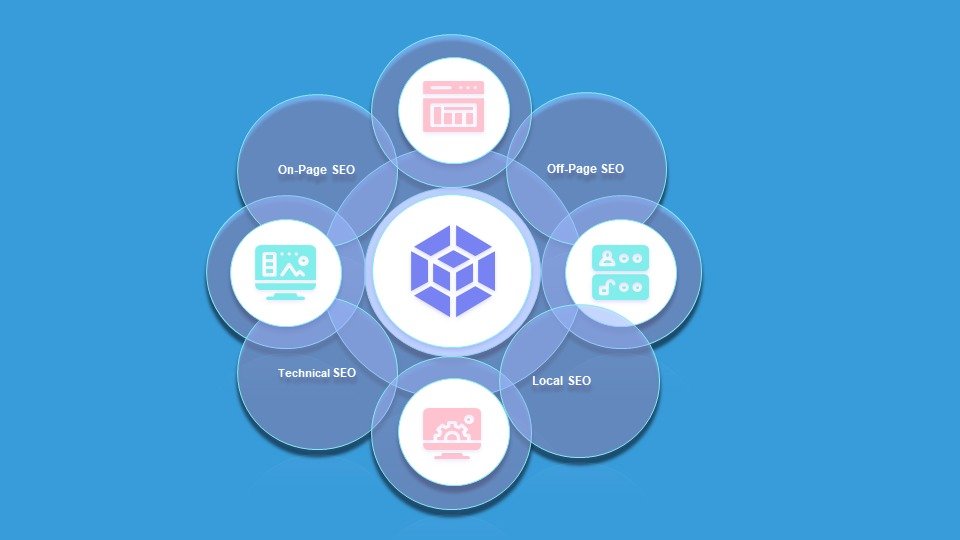A backlink is an inbound link or incoming link that connects one website to another. When Website A links to Website B, it creates a backlink for Website B. Backlinks play a crucial role in search engine optimization (SEO) because they serve as votes of confidence from one website to another. Search engines like Google and Bing view these links as indications of a website's popularity, relevance, and authority. The more high-rank backlinks to a website have more chance it is to rank higher in search engine results.
How Backlinks Work:
In the digital world when a website links to another, it's like saying, "Hey, I found this content valuable and useful, so you might want to check it out also." Search engines consider this as a vote of confidence and use it to determine a website's credibility and relevance.
Search engines use complicated algorithms to analyze and index web pages in search results. When they encounter a new web page, they follow the links on that page to discover other content. By crawling through various web pages and following backlinks, search engines can build a vast interconnected network of websites. This helps them understand the relationship between different web pages and rank them based on their perceived authority, relevance, and popularity.
When you’re your website got a backlink from a valuable and high-ranked website it’s like your small tank of water has connected to a big tank that is full of water. Your website feeds from that according to that’s value and rank.
Types of
Backlinks - Do-follow and No-follow:
Do-follow Backlinks:
A do-follow backlink is a regular link that doesn't have any special HTML attributes associated with it. When search engines encounter a do-follow link, they consider it as a "vote" for the linked website. These backlinks pass on "link juice," which means they contribute to the linked page's authority and SEO strength.
A no-follow backlink includes an HTML attribute called "rel='nofollow'," which instructs search engines not to follow the link or pass on any link juice. These links were introduced to combat spammy link-building practices. When a website uses the no-follow attribute for a link, it doesn't directly contribute to the linked page's search engine rankings. However, they can still bring traffic to the linked website.
The main difference between do-follow and no-follow backlinks lies in their impact on SEO:
SEO Value:
Do-follow backlinks carry SEO value as they pass on link juice, helping to improve a website's search engine rankings. In contrast, no-follow backlinks do not directly influence a website's rankings but can still be beneficial for driving traffic.
Link Building Strategies:
Website owners and marketers often focus on acquiring do-follow backlinks because they positively impact SEO. They aim to get links from reputable and authoritative websites to improve their own site's authority. On the other hand, no-follow backlinks are commonly obtained through social media, comments on blogs, and forums.
Spam Prevention:
The no-follow attribute was introduced to prevent spammy link-building practices. Search engines use this attribute as a signal to identify paid links, comment spam, and other forms of manipulative link schemes. By using no-follow links, websites can protect themselves from potential penalties due to unnatural link-building activities.
Natural Link Profile:
A healthy backlink profile includes a mix of both do-follow and no-follow links. This diversity signals to search engines that the website is attracting links naturally, rather than engaging in manipulative SEO tactics.
In conclusion, backlinks are an essential aspect of SEO and
play a vital role in determining a website's credibility and search engine
rankings. Do-follow backlinks pass on SEO value, while no-follow links don't
directly impact rankings but can still drive traffic. A well-rounded
link-building strategy that focuses on acquiring high-quality backlinks from
various sources can significantly enhance a website's visibility and authority
in the online world.





Comments (0)
Post a Comment